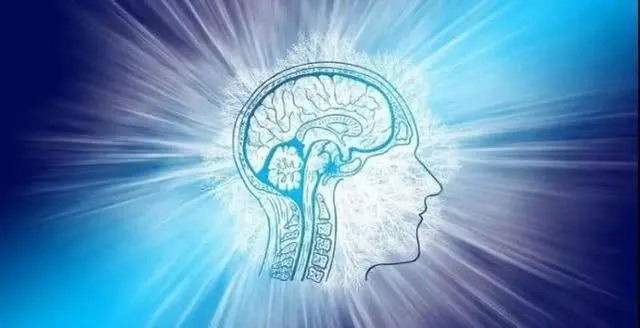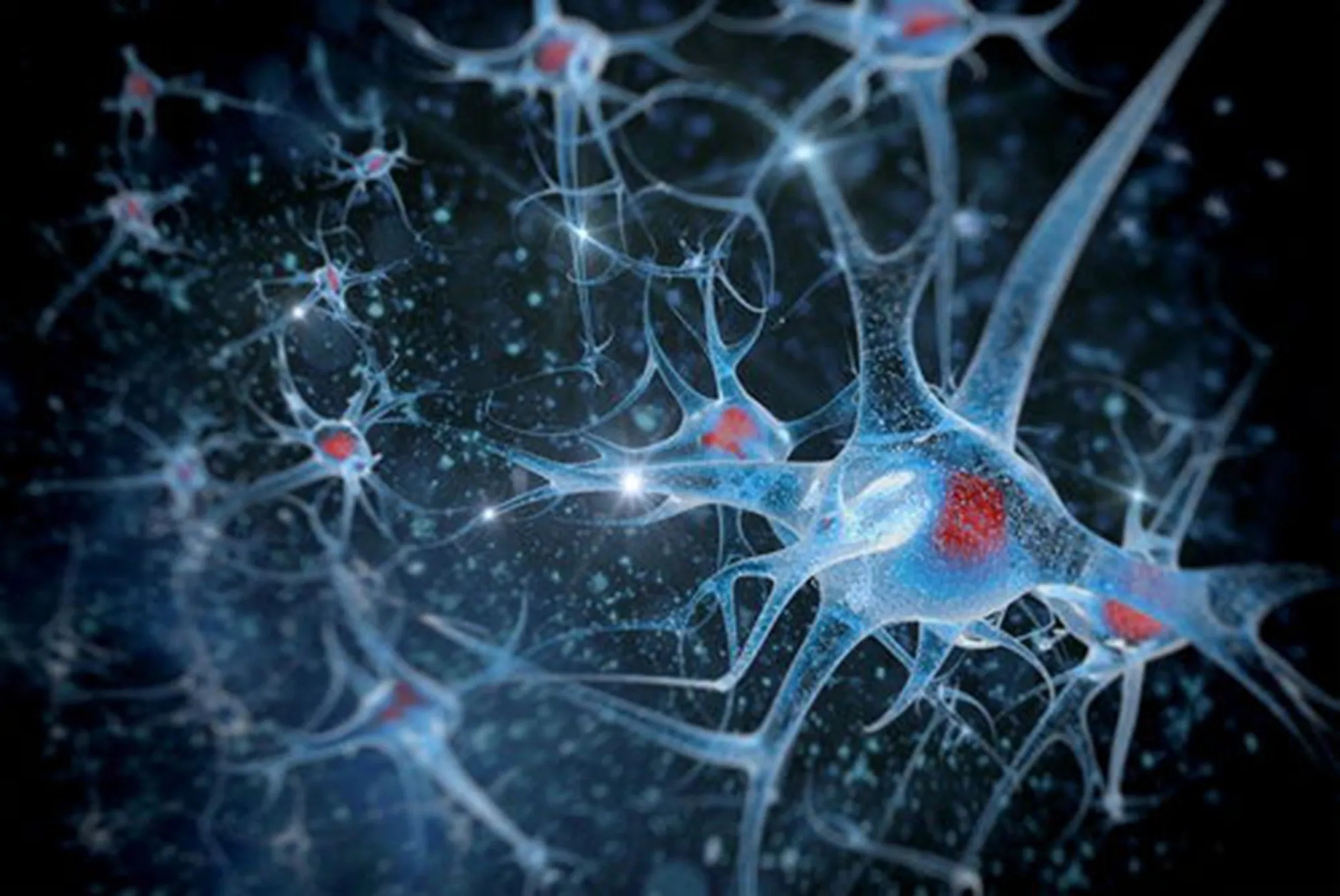Lion’s mane extract has many benefits for the nervous system, mainly including the following aspects:
1. Improving nerve function
Nourishing nerve function
Lion’s mane extract is rich in various nutrients, such as vitamin B group (including vitamin B₁, B₂, B₆, etc.). Vitamin B₁ is a necessary nutrient for the normal operation of the nervous system and plays a key role in the synthesis process of the neurotransmitter acetylcholine. For example, when the human body lacks vitamin B₁, nerve conduction disorders may occur. The vitamin B₁ in Lion’s mane extract can provide nutrition for nerve cells and promote the synthesis of neurotransmitters, thus ensuring the normal transmission of nerve signals.
It also contains ingredients such as amino acids, which can participate in the metabolic process of nerve cells. For example, glutamic acid is an important excitatory neurotransmitter and plays a role in neural functions such as learning and memory. The amino acid components in Lion’s mane extract can provide raw materials for nerve cells to synthesize neurotransmitters such as glutamic acid and maintain the normal physiological functions of nerve cells.
Promoting nerve regeneration
Some bioactive ingredients in Lion’s mane extract, such as nerve growth factor (NGF)-like substances, can stimulate the proliferation and differentiation of neural stem cells. When the nervous system is damaged, neural stem cells can differentiate into neurons and glial cells, thereby promoting the repair of nerve tissue. For example, in some animal model studies of nerve injury, it is found that Lion’s mane extract can increase the activity of neural stem cells and accelerate the regeneration of nerve fibers, which helps restore damaged nerve functions.
It can also regulate the components of the extracellular matrix and create a favorable microenvironment for nerve regeneration. The extracellular matrix is like the “soil” for the growth of nerve cells. Appropriate matrix components can guide the growth direction of nerve fibers and promote the establishment of correct connections between nerve cells. Lion’s mane extract can improve the state of the extracellular matrix so that the regenerated nerve cells can be better integrated into the original neural circuit.
2. Regulating the balance of neurotransmitters
Regulating excitatory and inhibitory neurotransmitters
Lion’s mane extract can regulate the levels of neurotransmitters such as acetylcholine and γ-aminobutyric acid (GABA). Acetylcholine is mainly responsible for transmitting excitatory signals and is crucial for functions such as learning, memory, and muscle control. Lion’s mane extract can promote the synthesis and release of acetylcholine and enhance the excitability of the nerves to a certain extent. For example, in patients with Alzheimer’s disease, the level of acetylcholine is usually low. Lion’s mane extract may improve the cognitive function of patients by increasing the level of acetylcholine.
At the same time, it can also regulate the content of GABA. GABA is a major inhibitory neurotransmitter that can inhibit the excessive excitation of neurons and play an important role in maintaining the stability of the nervous system and emotional regulation. Lion’s mane extract can achieve a better balance between acetylcholine and GABA and prevent excessive excitation or excessive inhibition of the nervous system.
Affecting the secretion of neuropeptides
Neuropeptides are a class of small-molecule polypeptides that play an important role in the nervous system, such as endorphins and enkephalins. These neuropeptides are closely related to functions such as emotions and pain perception. Lion’s mane extract can stimulate the secretion of neuropeptides. For example, endorphins have the effects of analgesia and produce a sense of pleasure. After the human body ingests Lion’s mane extract, it may prompt nerve cells to secrete endorphins, thereby reducing the feeling of pain in the body and bringing a relaxed and pleasant emotional experience.
3. Alleviating symptoms related to nervous system diseases
Improving symptoms of neurasthenia
For patients with neurasthenia, Lion’s mane extract has a good alleviating effect. Neurasthenia often presents symptoms such as insomnia and easy fatigue. Lion’s mane extract can regulate the excitability of the nervous system, help patients relax physically and mentally, and improve sleep quality. It can act on the sleep regulation center of the brain and make it easier for the human body to enter a deep sleep state. For example, some clinical trials have shown that after taking Lion’s mane extract supplements for some time, the sleep duration and sleep quality of patients with neurasthenia have been significantly improved.
At the same time, it can also reduce the fatigue of patients. This is because Lion’s mane extract can improve the energy metabolism efficiency of nerve cells and provide more energy for nerve cells, thereby enhancing the endurance of the nervous system and making patients feel more energetic in daily activities.
Assisting in the treatment of neurodegenerative diseases
In the research of neurodegenerative diseases such as Parkinson’s disease and Alzheimer’s disease, Lion’s mane extract has shown certain potential therapeutic value. In Parkinson’s disease, Lion’s mane extract may delay the disease progression by protecting nerve cells from oxidative stress damage. Its antioxidant ingredients, such as polyphenols, can remove excessive free radicals in the brain. Free radicals will attack organelles such as the mitochondria of nerve cells and cause damage to cell functions. Lion’s mane extract maintains the normal function of nerve cells by removing free radicals, thus playing a certain auxiliary therapeutic role in Parkinson’s disease.
For Alzheimer’s disease, as mentioned earlier, Lion’s mane extract can regulate neurotransmitters, especially increasing the level of acetylcholine. In addition, it can also inhibit the aggregation of β-amyloid protein in the brain. Excessive aggregation of β-amyloid protein is an important pathological feature of Alzheimer’s disease. This aggregation will form senile plaques and damage surrounding nerve cells. Lion’s mane extract can reduce damage to nerve cells by inhibiting the aggregation of β-amyloid protein and may help improve the cognitive function of patients with Alzheimer’s disease.

Leave A Comment